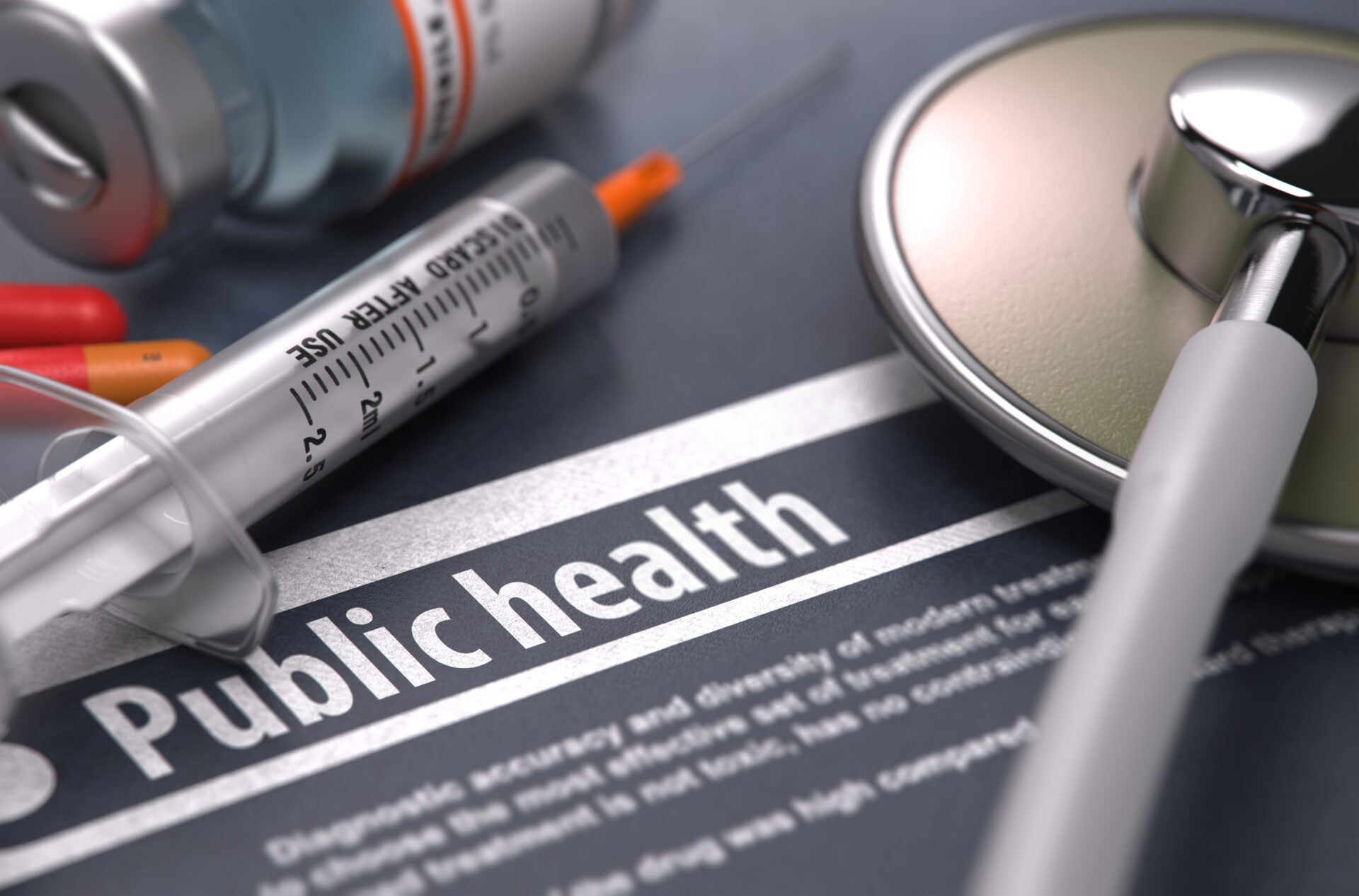More than $33 million in federal funding was awarded to the Bureau for Behavioral Health (BBH) to enhance mental health and substance use prevention services for West Virginians.
Federal funding from the Substance Abuse and Mental Health Services Administration (SAMHSA) will support prevention, early intervention, treatment and recovery services across the state.
“BBH and its partners are seizing every opportunity to meet our state’s behavioral health needs,” said Dawn Cottingham-Frohna, commissioner for the West Virginia Department of Health and Human Resources’ (DHHR) Bureau for Behavioral Health. “With this funding, we are not only addressing the immediate needs of our communities but also investing in the long-term well-being of West Virginians.”
In a release, the DHHR outlined seven grant programs that will support various initiatives:
- The Screening and Treatment for Maternal Mental Health and Substance Use Disorders program will provide $750,000 annually for five years from the Health Resources and Services Administration to expand health care provider’s capacity to screen, assess, treat and refer pregnant and postpartum women for maternal mental health and Substance Use Disorder (SUD). BBH is partnering with the West Virginia Perinatal Partnership’s Drug Free Moms and Babies Project to implement the program.
- The Children’s Mental Health Initiative will provide $3,000,000 annually for four years to provide resources to improve the mental health outcomes for children and youth up to age 21, who are at risk for, or have serious emotional disturbance or serious mental illness and their families with connection to mobile crisis response and stabilization teams and other community-based behavioral health services through the 24/7 Children’s Crisis and Referral Line (844-HELP4WV).
- The First Responders – Comprehensive Addiction and Recovery Act Grant will provide $800,000 annually for four years to build upon the Police and Peers program implemented by DHHR’s Office of Drug Control Policy. The activities will be administered by the Bluefield Police Department, Fayetteville Police Department, and the Logan County Sheriff’s Office in collaboration with Southern Highlands Community Mental Health Center, Fayette County Health Department and Logan County Health Department.
- The Projects for Assistance in Transition from Homelessness grant will distribute $300,000 annually for two years to support the system of care for adults in West Virginia and promote access to permanent housing and referral to mental health, substance abuse treatment and health care services. Grantees are located in areas of the state with the most need, based on the population of individuals experiencing homelessness, including the Greater Wheeling Coalition for the Homeless, Prestera Center, Raleigh County Community Action, the West Virginia Coalition to End Homelessness and Westbrook Health Services.
- The Promoting the Integration of Primary and Behavioral Health Care grant will provide $1,678,044 annually over five years to serve adults with serious mental illness who have co-occurring physical health conditions or chronic diseases and adults with SUD. Three provider partner agencies have been identified to work on this project including Seneca Health Services Inc., Southern Highlands Community Behavioral Health Center and United Summit Center, covering 16 counties in the state.
- The Cooperative Agreements for States and Territories to Improve Local 988 Capacity will provide $1,251,440 annually for three years to enhance the capacity of West Virginia’s single 988 Suicide & Crisis Lifeline center, which is funded by BBH and operated by First Choice Services, to answer calls, chats and texts initiated in the state. In addition to this award, First Choice Services received $500,000 from Cooperative Agreements for 988 Suicide and Crisis Lifeline Crisis Center Follow-Up Programs and a National Chat and Text Backup Center award from Vibrant Emotional Health to help answer overflow chats and texts from more than 200 local 988 centers nationwide.
- The Behavioral Health Partnership for Early Diversion of Adults and Youth will provide $330,000 annually for five years to establish or expand programs that divert youth and young adults up to age 25 with mental illness or a co-occurring disorder from the criminal or juvenile justice system to community-based mental health and SUD services.
Appalachia Health News is a project of West Virginia Public Broadcasting with support from Charleston Area Medical Center and Marshall Health.
